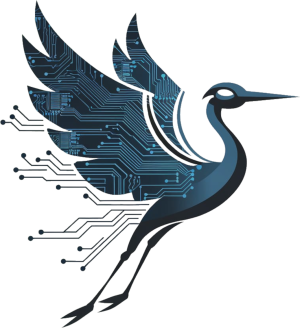Context
CRANE is committed to supporting the career development of early-career researchers (ECRs). There is no firm consensus on a definition, so for CRANE we have developed our own local definition, based on themes from other UKRI documents. The guidance below the definition shows how we interpret the ideas.
Definition
For CRANE purposes, ECRs are individuals who:
- have completed and been awarded a PhD, or have successfully undertaken equivalent training in research, and
- are employed by a UK research organisation (usually an HEI) which is able to receive UKRI funding, and
- would describe themselves as early-career researchers, having regard to the guidance below.
Typically, an ECR would
- have completed no more than eight years of active research work since completing their PhD
- be employed as a project researcher, or a research fellow, or in an academic position at the level of lecturer, or equivalent (permanent or fixed-term).
An ECR might
- be eligible to apply for EPSRC New Investigator Awards, First Grants, Early Career Fellowships, etc.
- already hold/have held a substantial grant (such as one which employs at least one researcher, for at least two years)
- be recognised as an independent researcher, or might be working under the guidance of a more senior colleague or supervisor.
Typically, a CRANE ECR would not
- already have held multiple substantial grants
- already have employed or led teams of multiple postdoctoral researchers
- have already advanced above the level traditionally known in the UK as senior lecturer
- currently be working on a PhD.
Individual circumstances mean that it is not appropriate to be overly prescriptive about ECR status, noting that career breaks, ill health, or caring responsibilities may affect the parameters above. CRANE ECRs will, on occasion, be identified as such within the network.
It is worth noting that during the five year duration of CRANE, some who were initially ECRs will cease to be such, for a variety of reasons.
Current PhD candidates do not meet the criteria for membership of CRANE as ECRs, but their involvement is welcome and encouraged as associate members.
UKRI
In writing the CRANE definition, we have had regard to several UKRI documents. Details are available on request.
